Life After Cesarian Birth
Life After Cesarian Birth: A Perspective
Roughly 33% of women now give birth by Cesarian section and this number is on the rise. While it is a safe way to deliver a baby, many women complain of constant pain, numbness, or tingling in and around their Cesarian Birth scar. Some also complain of new digestive issues like irritable bowel syndrome, constipation, and bloating, as well as bladder issues like pain in the bladder, incomplete emptying, urinary urgency (having to void immediately when the urge arises), and urinary incontinence (the uncontrolled leakage of urine – even a few drops count!). These complaints can severely impact a woman’s quality of life and can continue unresolved for years if not addressed. That being said, we have seen women 25 years or more after their Cesarian Birth and with a little bit of work and patience, most issues can be resolved.
So what is normal? It is normal to have mild-to-moderate pain in and around the incision site while it heals. This means 4 to 6 weeks after the surgery for all generally healthy women. It may take a little longer to heal if there were complications with the surgery or recovery (e.g. infection), if it is the second or third Cesarian Birth, or a woman had pre-existing health issues (e.g. diabetes, smoker, etc.). It is not normal to have any change in sensation (pain, numbness, tingling, etc.) around the scar after it has healed, a change in digestive issues (if diet and water intake are good), bladder pain, pain with urination, urinary urgency, frequency (more than once every 4 hours) or incontinence – even if you had it before. It is common; not normal.
So why do these changes happen? If you think of how the Cesarian Birth surgery is performed, it makes sense that all these issues could arise based on what they cut through (skin, adipose (fa t) tissue, muscle, connective tissue, and the uterus), how they pull the bladder out of the way and how close the uterus and bladder are to the lower digestive tract. Once the baby is out, they sew all the organs, muscles, and skin that they cut. The connective tissues however are left to rearrange and heal themselves – most of the time in a disorganized spider web. Scar tissue can then wind its way deep into the abdomen and around your bladder, uterus, and lower intestines. This may result in not allowing your bladder to expand and contract as it should, creating urinary urgency, frequency, and sometimes incontinence. Adhesions of your uterus to your bladder may result in a painful bladder, menses, and the other bladder issues reviewed above. Scarring surrounding the lower intestines can cause compression therefore limiting them from moving as they should resulting in bloating, inflammation, and digestive/ elimination issues.
t) tissue, muscle, connective tissue, and the uterus), how they pull the bladder out of the way and how close the uterus and bladder are to the lower digestive tract. Once the baby is out, they sew all the organs, muscles, and skin that they cut. The connective tissues however are left to rearrange and heal themselves – most of the time in a disorganized spider web. Scar tissue can then wind its way deep into the abdomen and around your bladder, uterus, and lower intestines. This may result in not allowing your bladder to expand and contract as it should, creating urinary urgency, frequency, and sometimes incontinence. Adhesions of your uterus to your bladder may result in a painful bladder, menses, and the other bladder issues reviewed above. Scarring surrounding the lower intestines can cause compression therefore limiting them from moving as they should resulting in bloating, inflammation, and digestive/ elimination issues.
All this to say that these symptoms, while most of them are quite common and manageable, are not normal and can be treated by a trained Physiotherapist or Registered Massage Therapist. You do not have to live with chronic pain, decreased sensation, or bladder or digestive issues. You deserve to have a healthy and active life without these common issues.
